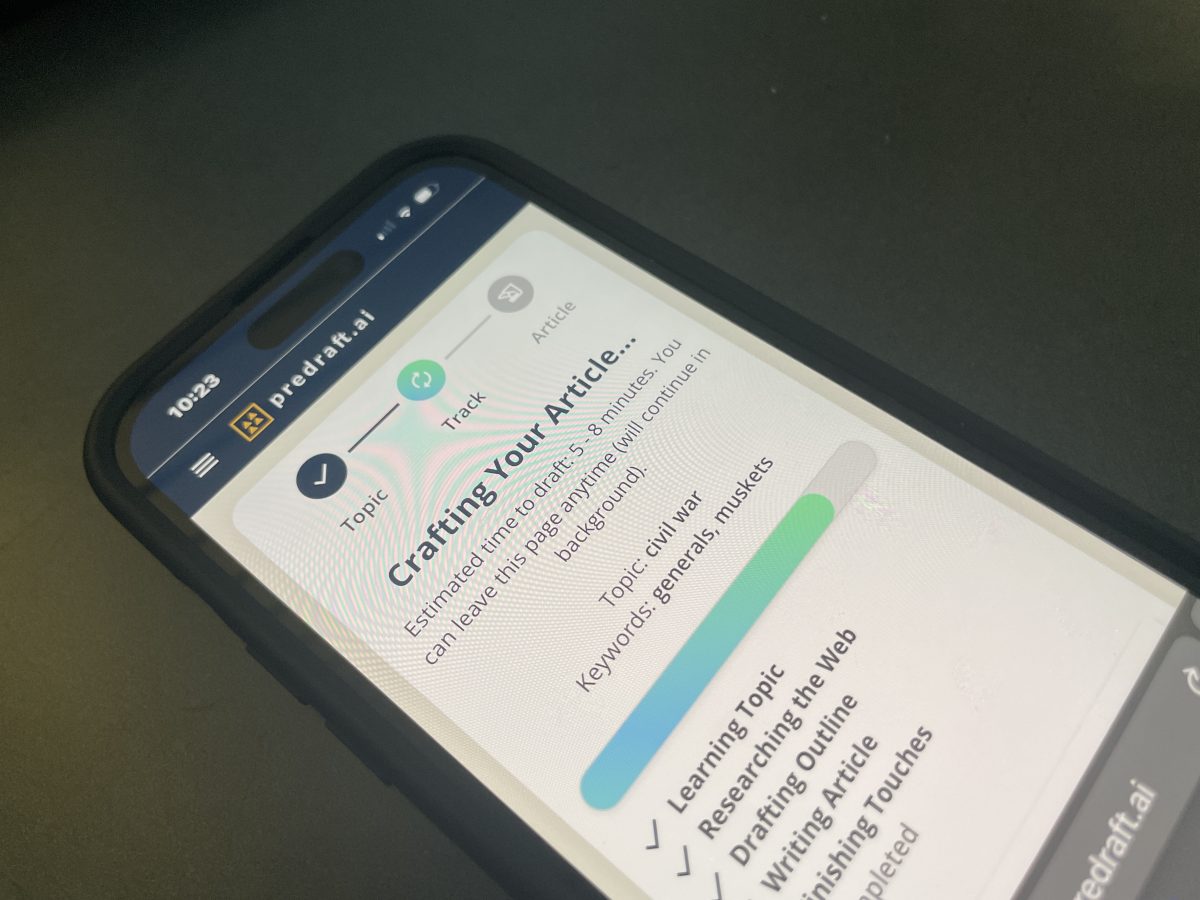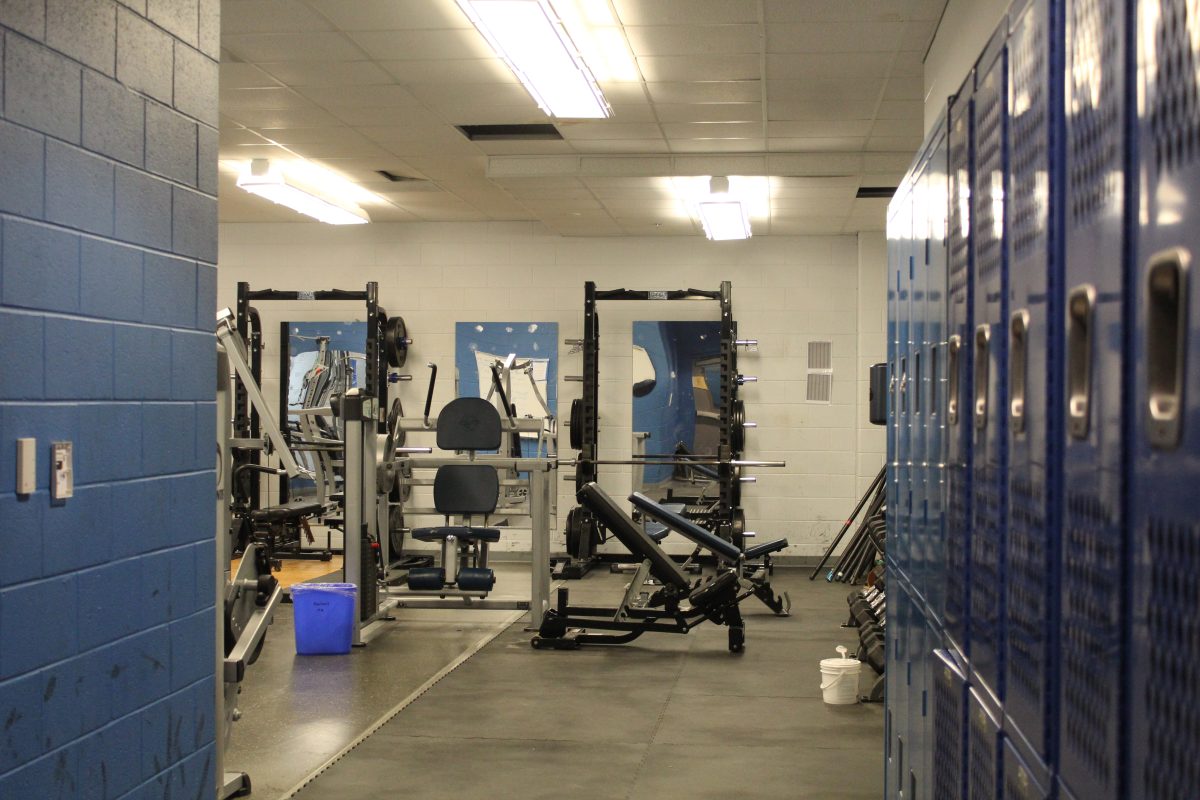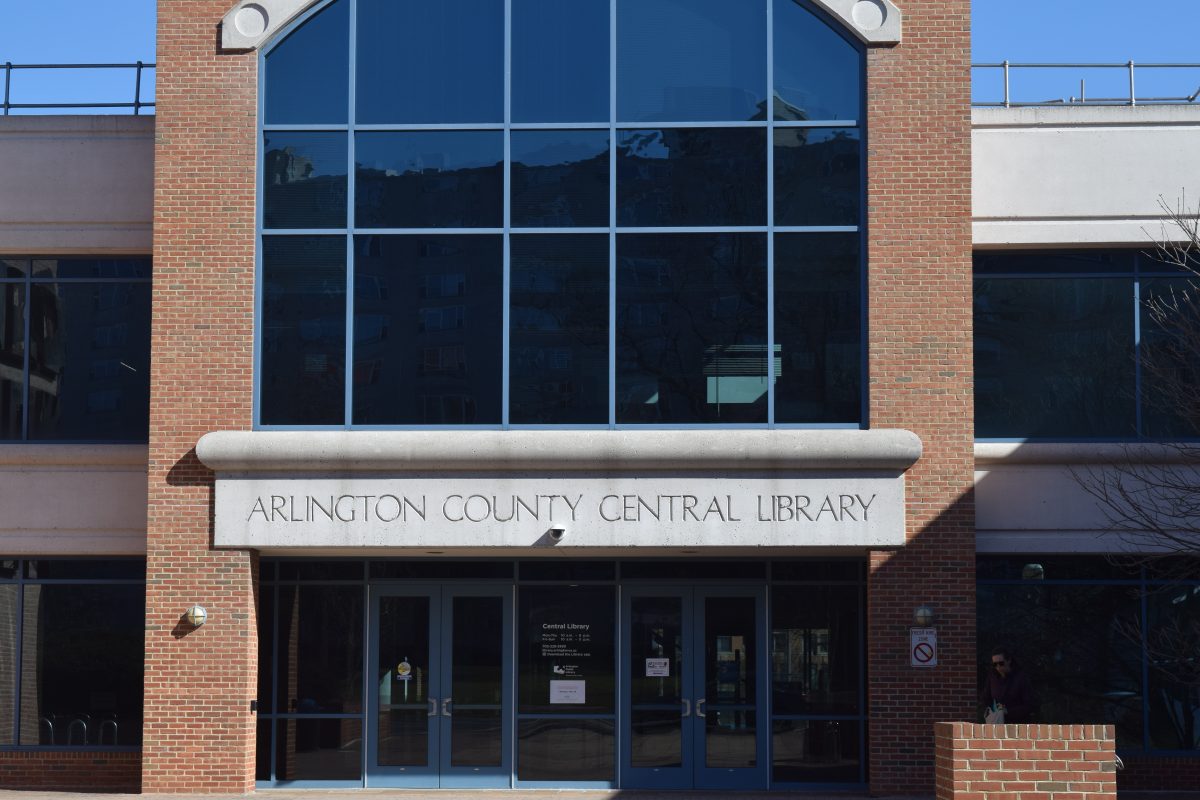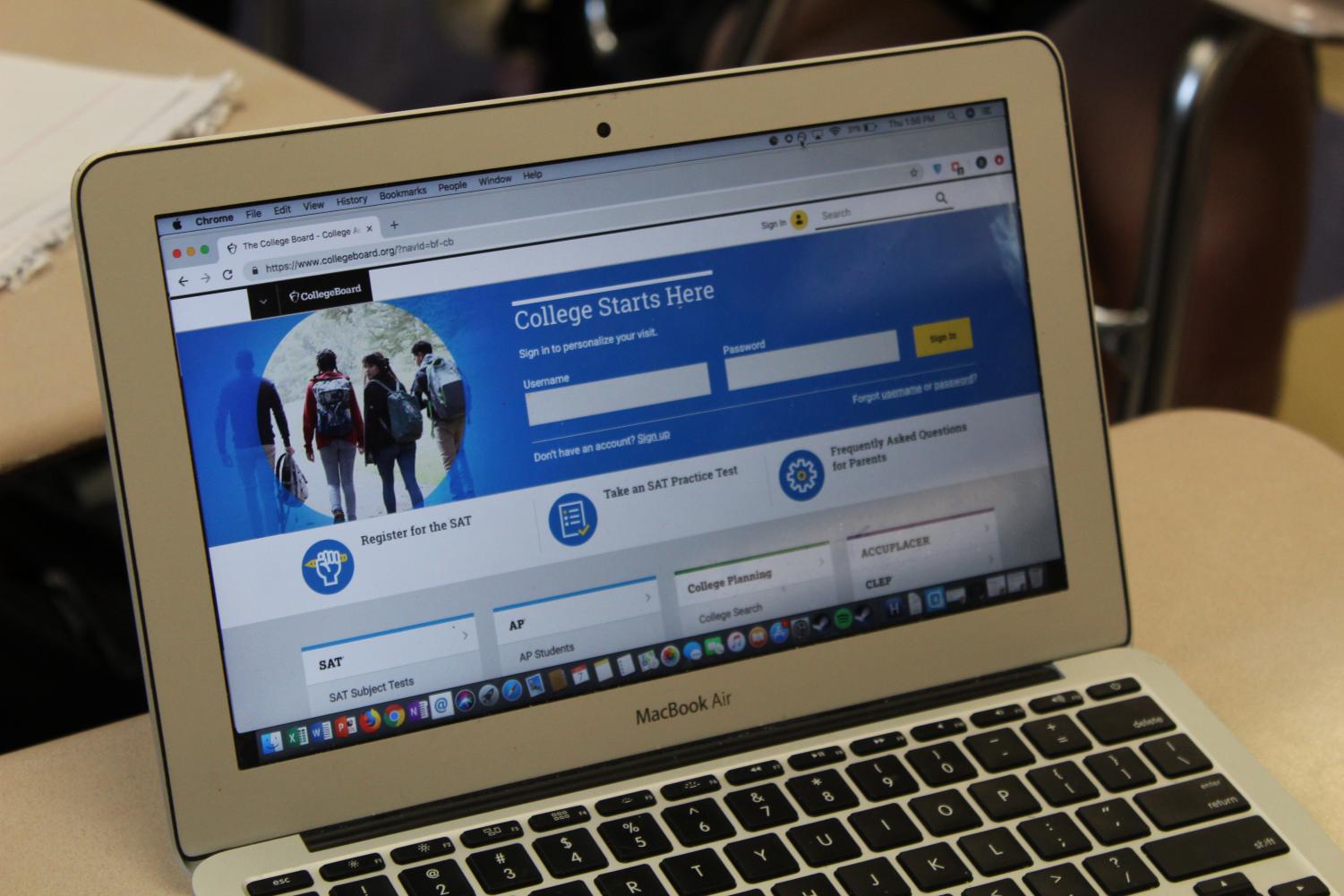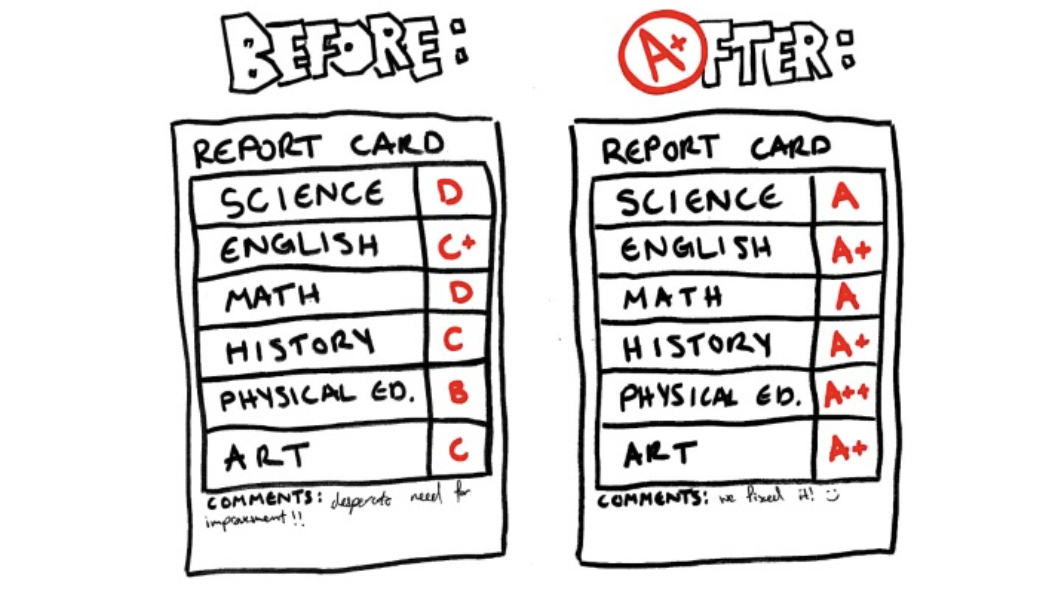In the 2017-2018 school year, the College Board’s Advanced Placement (AP) program enrolled 2,808,990 students. Those students took a total of 5,090,324 AP exams, and together paid an estimated $478,490,456 (not including additional fees) to take them. Altogether, the nonprofit collected over one billion dollars in total revenue over the course of 2017, and was left with a net income of $139,917,497. After nearly 120 years, America’s education behemoth has become unstoppable.
For any student with their eyes set on a college education, dealing with the College Board is practically inevitable. More than 2,000,000 of the roughly 3,600,000 students who graduated high school in 2018 took the SAT, which is run by the College Board, and an even greater number were enrolled in AP courses.
The SAT is effectively the gold standard for the college admissions process. With grade inflation on the rise, and a vastly unequal national education system in place, a standardized test score is one of the few things that an admissions officer can use to objectively compare one student to another. For the last few decades, this has meant one thing: to apply to college, you need to take a standardized test. For the majority of students, this test is the SAT.
On top of all of that, an increasingly competitive academic environment has led more and more students to stack up on AP courses, hoping to prove to universities they are capable of a higher level of academic performance, as well as to potentially earn course credits or exemptions once enrolled in college. At this point, the general consensus is that in order to be a competitive applicant, any student whose school offers AP courses should take as many of those courses as possible.
There are, of course, a few problems with this. 91% of U.S. students are enrolled in public schools, and the vast majority of those schools offer AP courses. AP curriculums are also extremely rigid, giving teachers little choice over what to teach and how to teach it. That means that a private company has an extremely high degree of control over public education – and with schools and school districts becoming increasingly concerned about producing higher average scores on AP exams, that gives the College Board an extreme degree of influence over education as a whole.
With the College Board having control over a universal curriculum that is exactly the same at every school where AP classes are taught, that also gives it plenty of influence over what students all over the country learn. It is important to keep in mind that any curriculum designed by a private company (rather than a governmental body) can be catered to the interests and biases of the individuals who work on it. That, in addition to the fact that schools are at least somewhat expected to prepare students to take standardized tests like the SAT, means that the College Board effectively decides what is and is not important for students all over the country to learn.
Stop and think about that for a moment. One company, active in schools across all 50 U.S. states, controls the curriculum for millions of high school students. That means that on the national level, the College Board has a greater level of impact on what students learn than the federal government. Corporations have a long and storied history of getting their hands dirty in public affairs, sometimes with far-reaching societal consequences. How much should we really be trusting a private company with the education of America’s students?
The College Board manages to escape some of these criticisms by pointing out that it technically isn’t a corporation, it’s a nonprofit organization – but it certainly doesn’t operate like one. The College Board is notorious for the fees it charges. It costs $64.50 to take the SAT with the essay component, and an extra $15 is added if you register by phone. If you miss the regular deadline to register for the SAT, no problem! Just pay $30 to register for the late registration deadline. Need to get on the waitlist for a test? The SAT will charge you $53 if you are admitted. Should you, like most students, wish to send an AP exam score to a college, it will cost $15 – a fair price to pay for the arduous task of sending a single-digit number between two computers.
These fees might seem reasonable – after all, it must be costly and time-consuming to provide those services for millions of students every year – but that income of $139,917,497 is a pretty hefty figure for any nonprofit. That number also doesn’t include the $6,848,421 that the College Board paid its executives last year, with the average executive salary being around $300,000 per year. David Coleman, the CEO of the College Board, earned $734,192 in salary and compensation in 2015. For contrast, Gail McGovern, the CEO of the Red Cross, earns a salary of $500,000 per year, despite running an organization that took in more than three times the College Board’s revenue in 2017.
In essence, the College Board has nonprofit status, but it operates as if it were a profit-driven company – and one that controls its market. For most students. there really is no alternative to the College Board. The ACT, the one competitor to the SAT, charges nearly the same price, and the International Baccalaureate (IB) program, the primary counterpart to the AP curriculum, is only available in a comparatively tiny portion of schools. That leaves students, particularly ones with financial difficulties, in a tough spot – either they pay extortionate fees in order to take tests, or they risk damaging the strength of their college applications by not taking AP classes. Some universities, particularly in the past few years, have become test-optional – meaning they allow students to choose not to submit standardized test scores – but this is a development that is far from being widely institutionalized.
These are issues that, frankly, have no immediate solutions. The problems that America’s students face with the College Board, more than anything else, have to do with an increased potential for bias in their education, the fact that they are caught in a pay-to-win system, and that this system is facilitated by universities. Resolving these issues will take universal change – but there are a few steps that could be taken to set change in motion. To begin with, the College Board’s monopoly needs to be broken, and its competitor needs to address the dangers of bias and inaccessibility. This might mean that states or the federal government should develop their own collegiate-level curriculums for use in high schools, or maybe that the College Board itself should be nationalized. Either way, this would enable schools to offer classes similar to those of the AP curriculum, but that curriculum could be more rigorously designed. Additionally, it would mean that testing fees could be subsidized, thus removing the financial barriers posed to many students.
With all of that said, though, perhaps it is time to re-examine the environment that has made the College Board the all-powerful entity it is today. Perhaps more universities should come to accept that a test score is not always an effective way of measuring a student’s academic competence, and follow the precedent of becoming test-optional. Perhaps the culture surrounding high school academia should shift so that students spend more time genuinely trying to learn than chasing the almighty “5” on their AP exams.
The College Board shows that there are institutional flaws in American education that continue to go largely unaddressed. The means of doing so are still uncertain, but the goal remains as important as ever: the monopoly on education must be broken.
















